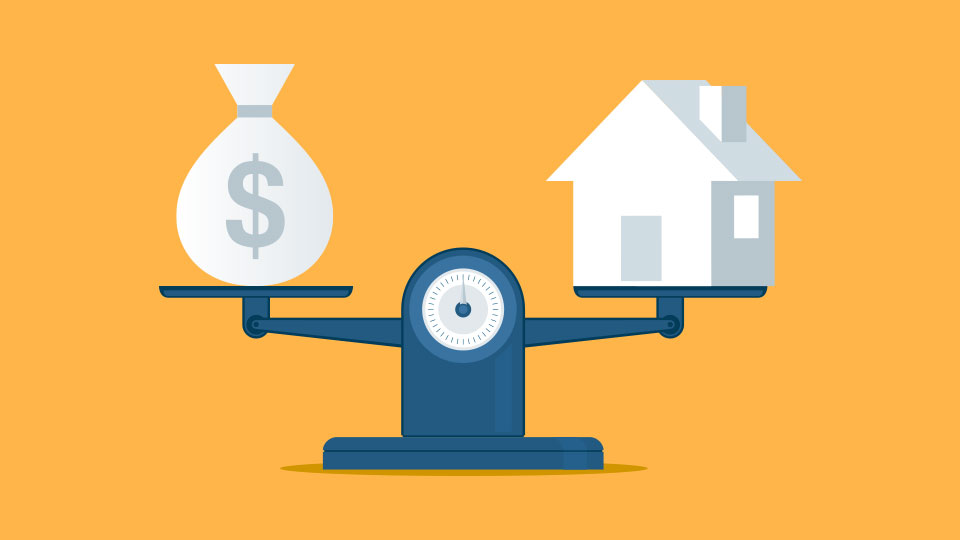By Florence Ioannou
As cryptocurrencies are becoming more accepted, and as Bitcoin is being adopted by businesses, it is important to understand the current view that the Australian Taxation Office (ATO) has on how cryptocurrencies are treated for tax purposes.
At present, there is a misconception that cryptocurrencies, such as Bitcoin, are treated as currency for Australian income tax purposes.
The ATO views cryptocurrency as intangible property rather than currency and therefore, the approach for taxation is currently different depending on the purpose it is intended for.
Below is an overview of the ATO’s current view on digital currency for income tax purposes:
- Investment: If you are holding cryptocurrency as an investment, you will pay capital gains tax (CGT) on any profits when you dispose of them (e.g. exchange them back to Australian dollars). If you hold them personally, in a partnership or trust for more than 12 months, you may be entitled to the 50% general CGT discount. Alternatively, if you make a loss when you dispose of your cryptocurrency this can be offset against other capital gains you made during the financial year. If in the year you make the capital loss and you have no other capital gains to offset this against, the loss may be carried forward to future years where it may be used against future gains. Interestingly, cryptocurrencies other than bitcoin, known as Altcoins, can sometimes only be purchased with Bitcoin. In these scenarios, the ATO will deem you to have triggered a CGT event when purchasing these types of Altcoins, as you have technically disposed of the Bitcoin. The CGT event is calculated as the value of the Bitcoin when you purchased the Altcoin, less the original purchase price of that Bitcoin. In this instance, the ATO will apply foreign currency tax rules to calculate the gain or loss on the transfer from Bitcoin to Altcoin. It would be reasonable to assume that if you purchased the Bitcoin in order to acquire the Altcoin then the gain or loss will be minimal.
- Trading: If you are actively trading cryptocurrencies for profit, as opposed to holding them for investment, the profit or loss will form part of your assessable income. The profit or loss is determined at the time of disposal. If you are unsure if you would be considered a trader or investor, please refer to our article Share Trader Or Investor – What’s The Difference? as the concepts in this article can be applied to these circumstances.
- Transacting: Only in limited circumstance will the cost of your cryptocurrency that is used to pay for personal goods or services not be included in your assessable income. If your original intent was to make a profit or for long-term gain, then the payment of the personal goods items will continue to trigger a capital gain. Conversely, if you only purchased the cryptocurrency to purchase a personal goods or services resulting in a nil balance of the cryptocurrency then it most likely will be exempt.
- Carrying on a business: If you are using cryptocurrencies, or more commonly Bitcoins, as payment for goods or services or accepting these as payment for goods or services, the transaction may be subject to goods and services tax (GST). For more information on this, refer to How Changes To GST Affects Bitcoin And Other Cryptocurrency
- Mining (nodes): If you are mining cryptocurrencies, any profit you make should be included in your assessable income. This is on the basis that the ATO considers you to be carrying on a business.
- Conducting an exchange: If you are buying and selling cryptocurrencies as an exchange service, you will pay income tax on the profits and transactions will be subject to GST. Any cryptocurrencies you hold at financial year end will be considered trading stock. This is on the basis that the ATO considers you to be carrying on a business, meaning you will be subject to trading stock rules.
Other factors to consider
It is important to consider your intentions before you purchase cryptocurrency to help determine how they may be treated for tax purposes. It is equally important to understand that if your original intentions for that cryptocurrency change, it could potentially create a tax event or change the initial applicable tax treatment.
While at present the ATO may not be able to track transactions once converted into cryptocurrencies, they do have the power to conduct a review and/or audit if they suspect unusual activity. If you choose not to cooperate with the ATO, they have the power to issue an amended assessment with an estimate of your taxable income based on their estimate of what is reasonable.
If you receive such an assessment the burden of proof falls on you to prove that it is incorrect. Therefore, it is important to keep clear records of what you have purchased, the date of purchase, price of purchase and if it was for personal use, investment or trading – this will help determine your intentions and relevant amounts if ever questioned.
Disclaimer: Please note that the above information is general advice only and conditions may vary depending on an individual’s circumstances. We advise you seek professional advice to obtain an accurate assessment.






